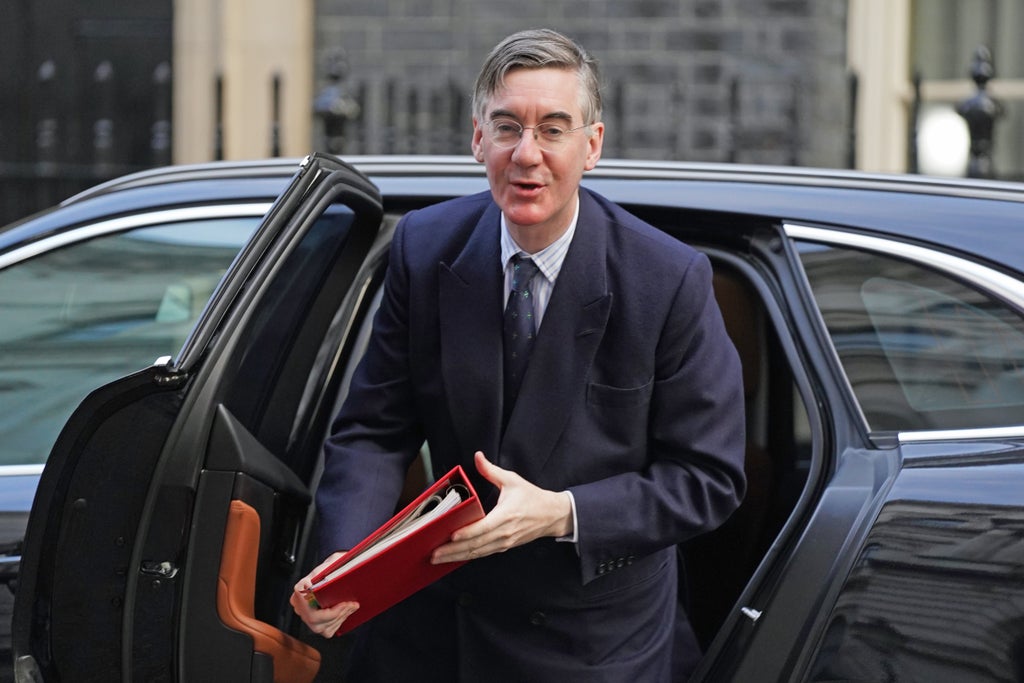
Jacob Rees-Mogg has been appointed minister for Brexit opportunities, in Boris Johnson's latest reshuffle.
The title of the post may seem odd, but the government already has a Brexit Opportunities Unit, which the new minister is likely to work closely with.
The unit is based in the Cabinet Office department and it was announced in June last year.
Ministers say it is involved in "setting the strategy for the Government’s ambitious approach to regulation, reviewing and reforming existing policy and regulation, and supporting the scrutiny and introduction of new regulation".
It was established by Lord Frost, who left government complaining of Boris Johnson's political direction. One of his frustrations was that the government was no going far enough in doing things outside the EU it could not do inside: in particular strip out regulations.
Appointed Mr Rees-Mogg as the minister for the area looks like an attempt to throw "red meat" to the Tory base. He is considered a dogmatic Thatcherite and Tories who want the government to be more radically right-wing on economic policy trust him.
Mr Rees-Mogg has long said he wants to use Brexit to get rid of EU standards and regulations. In December 2016 he said the government could go “a very long way” to rolling back high EU standards on imported products and that regulations that were “good enough for India” could be good enough for the UK.
“We could, if we wanted, accept emissions standards from India, America, and Europe. There’d be no contradiction with that,” Mr Rees-Mogg told a parliamentary committee.
“We could say, if it’s good enough in India, it’s good enough for here. There’s nothing to stop that.
“We could take it a very long way. American emission standards are fine – probably in some cases higher.
“I accept that we’re not going to allow dangerous toys to come in from China, we don’t want to see those kind of risks. But there’s a very long way you can go.”
The unit has produced little concrete work of note since it was announced last year. It is thought to be involved in decisions like whether to legalise pint bottles of Champagne, and whether to or not to implement new EU car safety rules.
Previous reviews of red tape in government have generally failed to find anything they actually want to get rid of – in particular things that they want to get rid of that are politically popular.







